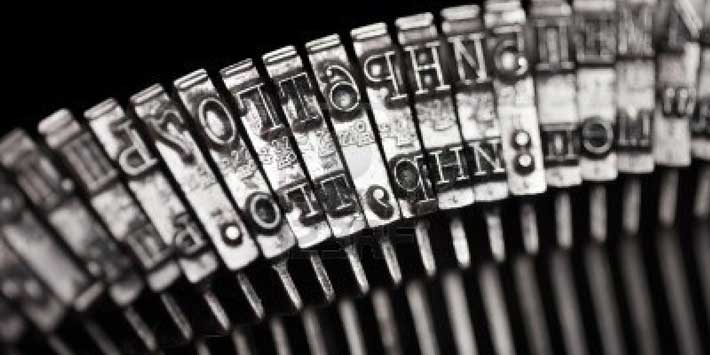SHORT TAKES
Contact Martha for ideas about writing and funding strategy.P: 617.803.8285
E: mk@marthakurz.dev.cc
The Home Stretch: Editing Your Proposal
Whew—Your proposal is drafted and it’s almost ready to go. There’s just one more step. Once you have a strong first draft, the next phase of creating an outstanding proposal begins.
Good editing can make the difference between an adequate proposal and an eye-catching document the reader can’t put down. Good editing:
- Produces a clear, crisp proposal that sharpens the reader’s understanding of your program.
- Gives you time to consider whether you’ve made the best possible case.
- Engages key players in your organization as editors while building their commitment to your program.
- Lets your donors know you value them and their potential role in your work.
It’s a process
Allow time for editing. Start by identifying editors who can review your proposal’s substance, style, tone, and grammar. Let them know when to expect your draft – and when you need it back. Know how your editors give feedback and plan accordingly. Do they use track changes, email their comments, or prefer to discuss their changes with you? Are they likely to have just a few edits or extensive feedback?
Avoid last minute editing. Swapping just one word for another can alter the meaning of a sentence or even an entire paragraph and require substantial changes. This risks last minute typos or spelling errors. Don’t take the chance.
Tips and suggestions
- Keep it simple to avoid confusion about what you’re trying to say.
- Say it once. Avoid repetition to keep your document crisp and your readers happy.
- Use grammar tools to spot typos, redundancies, misused words, and other errors.
- Let it sit. Your proposal will benefit if you take a breather before your final edit.
- Pay attention to detail. Don’t give the funder an excuse to eliminate your proposal from the competition because of an easily fixable mistake.
A word about words
- Use plain language. It’s easy to read, helps make your case, and fits better within pesky word limits.
- Less is more. Eliminate unnecessary words and get to the point. For example, change Dan is working on gathering other potential sources of qualitative data, to Dan is gathering qualitative data.
- Words matter. Take the time to find the right words to convey your meaning with impact. “Life is stark in the neighborhood” is brief, but creates a compelling visual.
Editing can be gratifying
I love editing. It means I’m over the hump with a solid first draft and can proceed without the clutter and distraction of all the documents that informed the proposal and filled up my writing space. It’s the home stretch, the chance to polish your proposal and add pizzazz. Plus, the more you edit the better you get. You might even enjoy it.

